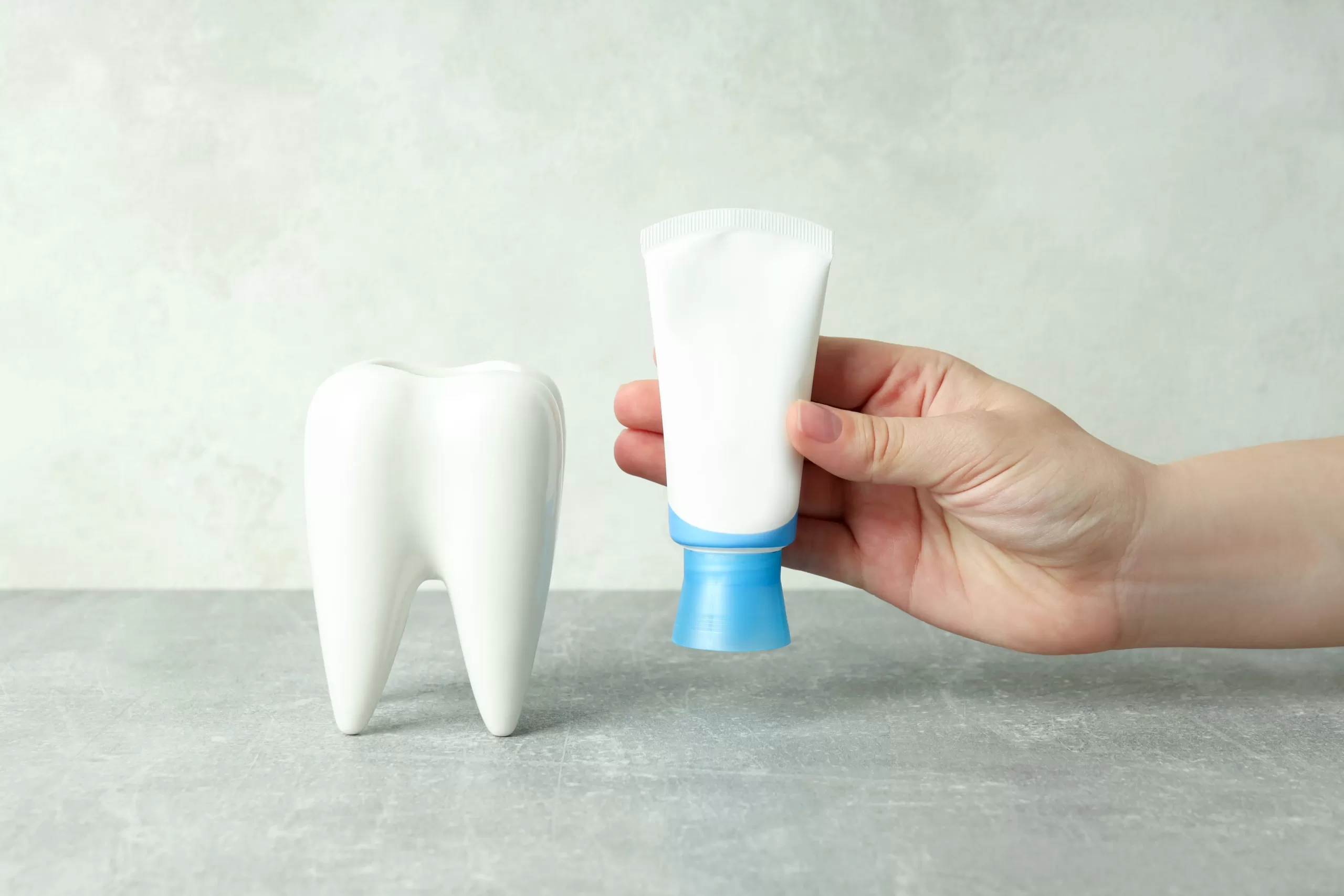What Are Wisdom Teeth and Why Are They Removable?
Each year in the US, 10 million wisdom teeth are removed – remnants from when our ancestors had wider jaws than us!
If a wisdom tooth erupts at an unfavorable angle or only partially emerges, it becomes an ideal breeding ground for bacteria that cause gum pain and infections as well as potential damage to adjacent teeth.
Impacted Wisdom Teeth
Wisdom teeth, located at the very back of your mouth, typically emerge between 17-25. However, due to limited space in modern jaws, wisdom teeth often become trapped (impacted) causing discomfort, swelling and stiffness in jaw joints as well as possible damage to roots of other teeth as well as crowding out other ones. Furthermore, wisdom teeth that become trapped or become impacted (trapped) may also damage roots of other teeth as well as cause misalignments of bite alignments causing problems with alignment of other molars in an uneven manner affecting alignment as well.
An unfortunate side-effect of wisdom tooth impaction is gum disease (pericoronitis). This occurs due to bacteria and food debris collecting beneath partially-erupted wisdom teeth and making cleaning them difficult. Your dentist may prescribe special cleaning methods or antibiotics as treatment options.
Impaired wisdom teeth may cause tooth decay due to difficulty brushing and flossing the affected areas, where food debris and bacteria build-up, leading to decayed tooth structures. Your dentist may recommend dental cleanings and fluoride treatments in order to protect them from decay.
Sometimes wisdom teeth that have become impacted become lodged into their jaw bone and fill with fluid, leading to cysts which may damage nearby teeth and nerves. On rare occasions, noncancerous tumors may form within the tooth itself or its surrounding bone structure, necessitating surgery in order to extract both it and tissue that it contains.
Over-the-counter pain relievers may provide temporary relief from discomfort associated with partially or fully erupted wisdom teeth, while warm saltwater (half teaspoon or 3 grams per cup or 240 milliliters) rinses can also be helpful to alleviate pain and reduce inflammation.
An impacted wisdom tooth may cause bad breath, sore and swollen gums, stiff jawbone movement or even an infected cyst. Your dentist will use x-rays to determine whether an extraction or antibiotic treatment would be required for your wisdom tooth if any signs appear.
Wisdom teeth extraction is a standard oral surgery procedure designed to relieve symptoms and decrease the risk of future oral health complications. Your dentist will administer local anesthetic to numb the area before performing an incision in your gums and extracting all impacted wisdom teeth and any surrounding tissue.
After having your wisdom tooth extracted, it is critical that the surgical site remains clean in order to avoid infection. Therefore, you must follow your dentist’s post-op care instructions closely, including refraining from smoking, rinsing too soon or sucking on it too often.
Dry socket (alveolar osteitis) affects up to 38% of those who undergo wisdom tooth extraction, leading to excruciating discomfort. It occurs when a blood clot that forms in an empty tooth socket dislodges prematurely before it heals; this may occur from not following your dentist’s post-op instructions, drinking too much alcohol post-surgery, or massaging wounds too vigorously in an effort to remove scabs.
Disclaimer: The content on this blog is intended for general informational purposes only. It is not a substitute for professional medical advice, diagnosis, or treatment. Always consult qualified healthcare providers for personalized advice. Information regarding plastic surgery, dental treatment, hair transplant, and other medical procedures is educational and not a guarantee of results. We do not assume liability for actions taken based on blog content. Medical knowledge evolves; verify information and consult professionals. External links do not imply endorsement. By using this blog, you agree to these terms.










